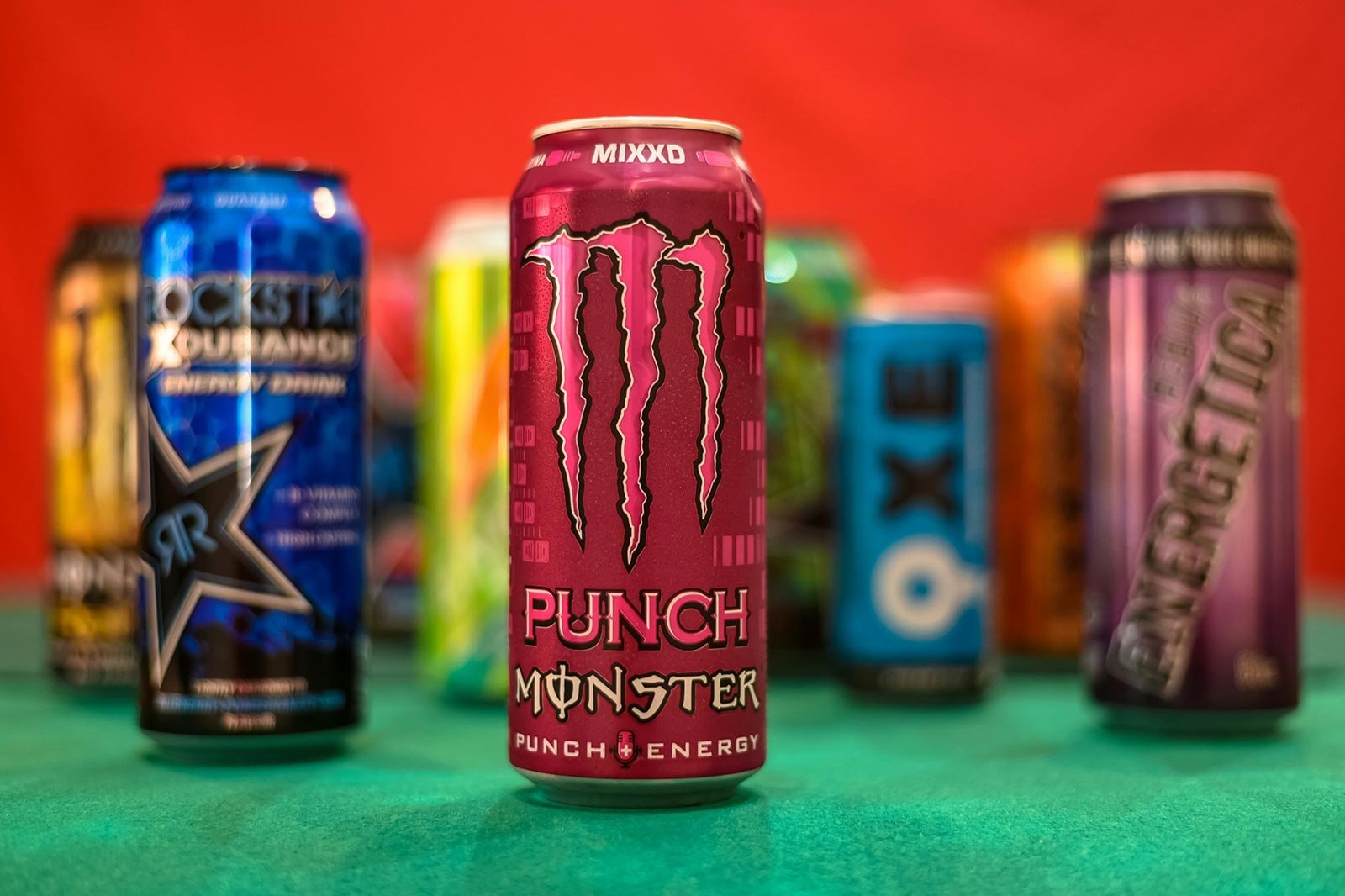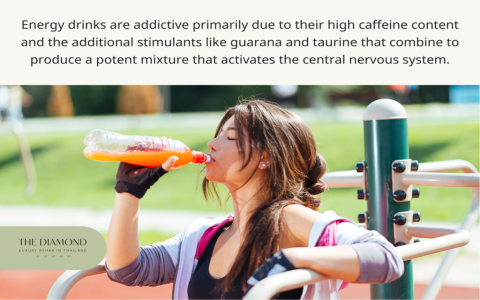While energy drinks are marketed to boost alertness, they can paradoxically lead to tiredness through several mechanisms. Understanding these can help explain this common experience.

Key Factors Contributing to Post-Energy Drink Fatigue
-
Sugar Crash:
Many energy drinks contain high amounts of sugar. This causes a rapid spike in blood glucose levels, followed by a sharp drop as insulin is released to manage the sugar. This subsequent hypoglycemia, or “sugar crash,” manifests as fatigue, lethargy, and a craving for more sugar.
-
Caffeine Rebound Effect:
Caffeine, the primary stimulant in energy drinks, works by blocking adenosine receptors in the brain. Adenosine is a neurotransmitter that promotes relaxation and sleepiness. As caffeine is metabolized and its effects wear off, the accumulated adenosine floods the receptors, leading to a sudden and intense feeling of tiredness, often referred to as a “caffeine crash.” The higher the caffeine dose, the more pronounced this crash can be.
-
Dehydration:

Caffeine is a mild diuretic, meaning it can increase urine production. If fluid intake is not adequately increased to compensate, this can lead to mild dehydration. Dehydration is a well-known cause of fatigue and reduced energy levels.
-
Disruption of Sleep Cycles:
Consuming energy drinks, especially later in the day or evening, can significantly interfere with natural sleep patterns. The stimulants can make it difficult to fall asleep or reduce the quality of sleep. Chronic sleep deprivation or poor sleep quality inevitably leads to daytime tiredness, potentially creating a cycle of reliance on more stimulants.
-
Short-Lived Effects of Other Stimulants:
Besides caffeine, energy drinks often contain other ingredients like guarana (another caffeine source) or other compounds intended to boost energy. While these may contribute to the initial perceived energy boost, their effects are also temporary. Once these wear off, the underlying fatigue or the effects of the sugar and caffeine crash can become more apparent.
-
Nutritional Imbalance:
Relying on energy drinks for an energy boost often means neglecting proper nutrition and hydration, which are fundamental for sustained energy. The “energy” from these drinks is largely a pharmacological effect rather than true metabolic energy derived from balanced food intake.
In essence, the initial burst of energy from these beverages is often followed by a more significant period of fatigue due to the body’s response to high sugar and stimulant loads, potential dehydration, and disrupted sleep patterns.










